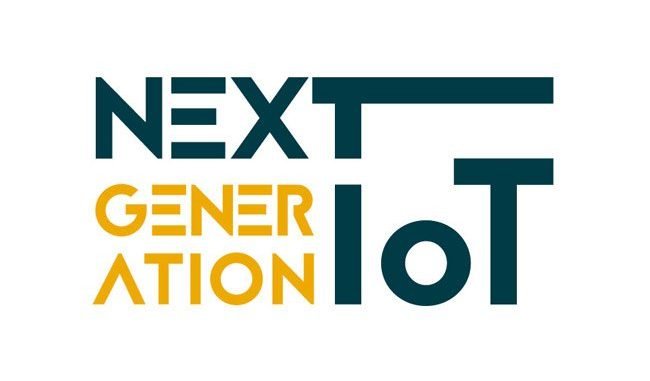OPC is the interoperability standard for the secure and reliable exchange of data in the industrial automation space and in other industries. It is platform independent and ensures the seamless flow of information among devices from multiple vendors. The OPC Foundation is responsible for the development and maintenance of this standard.The OPC standard is a series of specifications developed by industry vendors, end-users and software developers. These specifications define the interface between Clients and Servers, as well as Servers and Servers, including access to real-time data, monitoring of alarms and events, access to historical data and other applications.When the standard was first released in 1996, its purpose was to abstract PLC specific protocols (such as Modbus, Profibus, etc.) into a standardized interface allowing HMI/SCADA systems to interface with a “middle-man” who would convert generic-OPC read/write requests into device-specific requests and vice-versa. As a result, an entire cottage industry of products emerged allowing end-users to implement systems using best-of-breed products all seamlessly interacting via OPC.Initially, the OPC standard was restricted to the Windows operating system. As such, the acronym OPC was borne from OLE (object linking and embedding) for Process Control. These specifications, which are now known as OPC Classic, have enjoyed widespread adoption across multiple industries, including manufacturing, building automation, oil and gas, renewable energy and utilities, among others.With the introduction of service-oriented architectures in manufacturing systems came new challenges in security and data modeling. The OPC Foundation developed the OPC UA specifications to address these needs and at the same time provided a feature-rich technology open-platform architecture that was future-proof, scalable and extensible.Today the acronym OPC stands for Open Platform Communications.
You may also like
ETSI provides members with an open, inclusive and collaborative environment. This environment supports the timely development, ratification and testing of globally applicable […]
The purpose and goal of oneM2M is to develop technical specifications which address the need for a common M2M Service Layer that […]
The Open Connectivity Foundation (OCF), sponsor of the IoTivity open source project, and AllSeen Alliance, which provides the AllJoyn® open source IoT […]
The International Telecommunication Union (ITU) is the United Nations specialized agency for information and communication technologies – ICTs.Founded in 1865 to facilitate […]

